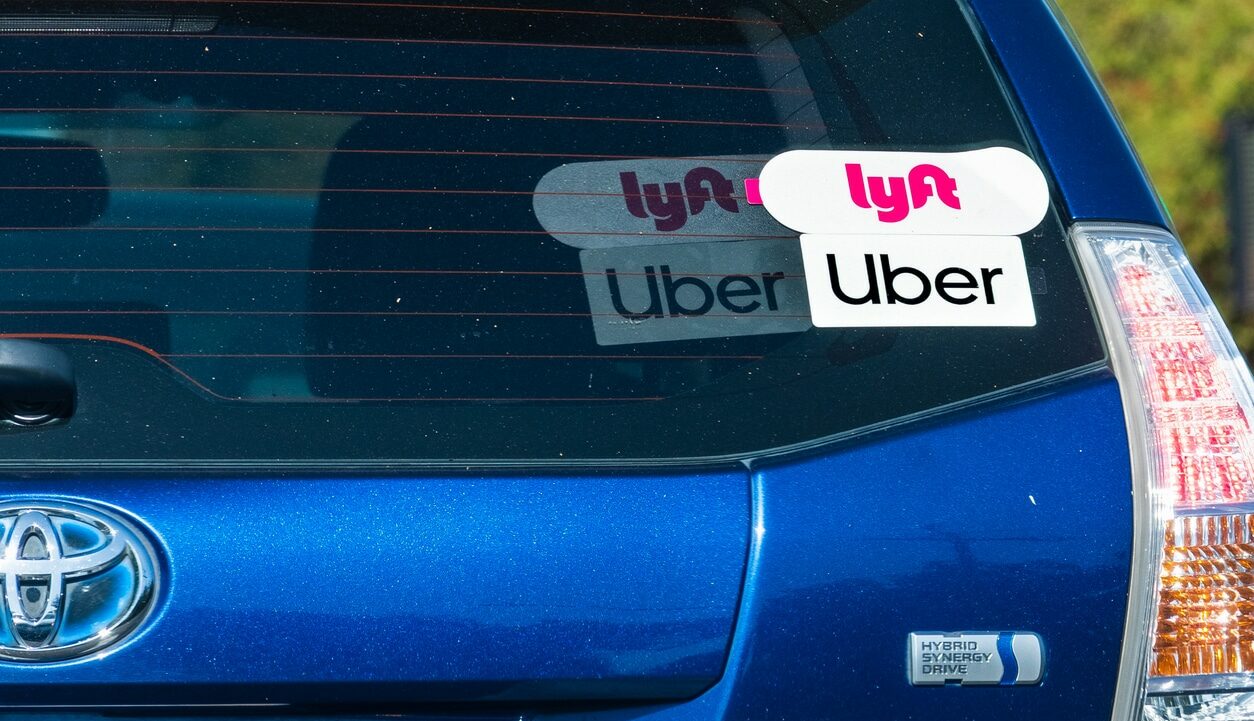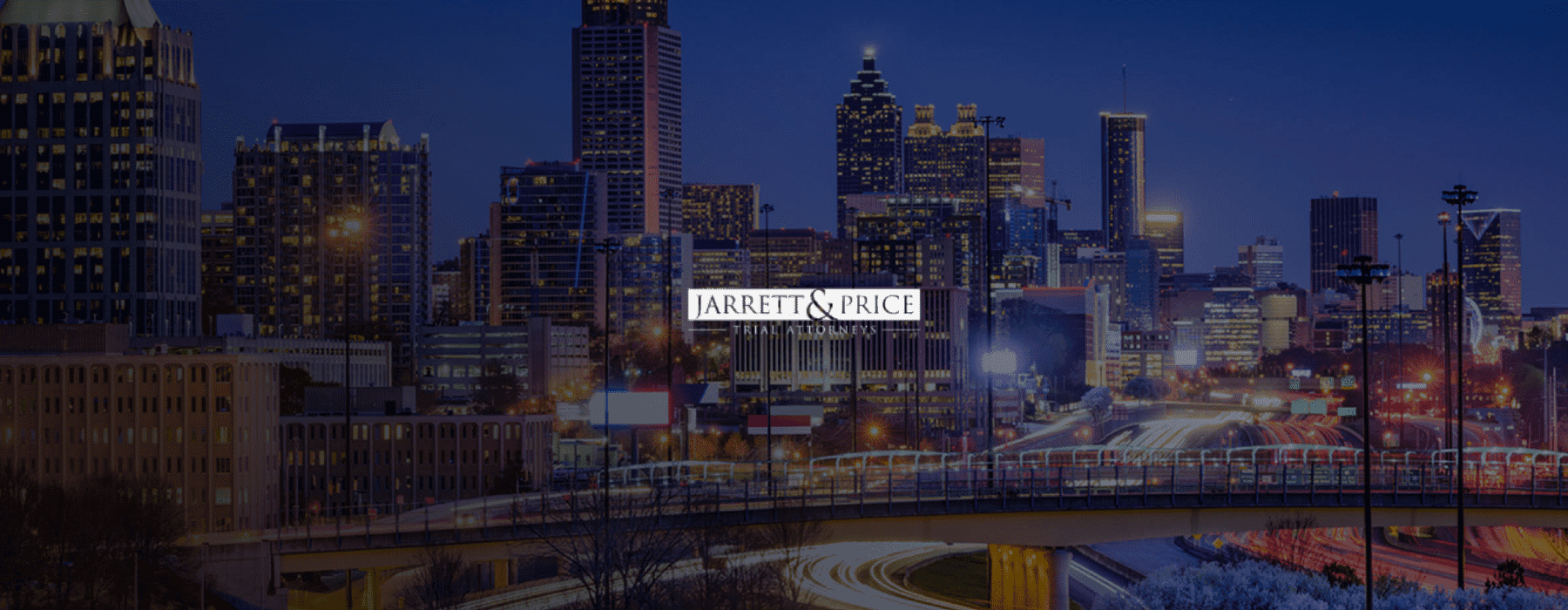What Steps Should Be Taken Immediately Following a Rideshare Accident?
A car accident is always a frightening and disorientating experience. Following these steps may help assist in getting the best outcome for any future case that results from an accident:
- Determine if there are injuries. If medical attention is needed, call 911 right away. It is important to note that not all injuries are immediately noticeable, so a medical examination is recommended regardless of apparent injury.
- Call law enforcement: Calling for police presence has many purposes, such as assisting with traffic or crowd control and creating a police report.
- If able, gather evidence: Take pictures or video of all involved vehicles, road conditions, and road signs. Document the contact information of both drivers, including names, phone numbers, addresses, and insurance information. Gather contact information for eyewitnesses, including names and phone numbers.
- Call an experienced attorney at Jarrett & Price, LLC.
Who Can be Held Liable for a Rideshare Accident?
Rideshare accidents are often complicated due to the many entities, insurances, and people involved. Potentially liable parties include:
- The rideshare driver: The driver could be found guilty of reckless behavior.
- The rideshare company: Companies typically provide commercial insurance coverage for drivers while they are actively working during a ride. Accidents occurring during a ride may be covered under the company’s insurance policy.
- Other involved drivers: Another driver who is not affiliated with the rideshare service may be responsible for the accident. In some cases, multiple other drivers may share responsibility.
- Vehicle manufacturer or maintenance providers: If an accident results from a defective part in the rideshare vehicle or due to poor maintenance, then the manufacturer or maintenance provider may hold liability.
- Government entities: Poor road conditions or inadequate signage may contribute to accidents, extending liability to the government entity responsible for road safety and maintenance.
- Passengers and pedestrians: Passengers responsible for distracting the driver or pedestrians who do not obey traffic laws may also be liable.
- Third parties: Third parties, like construction companies or property owners, may also be liable.
How is Liability Determined in a Rideshare Accident?
Liability or fault for a traffic accident is based on the legal theory of negligence or recklessness. For negligence to be established, the following basic elements must be proven:
- Duty of care: The injured party was owed an expectation of reasonable safety by the defendant.
- Breach of duty: The defendant failed to uphold the expectation of reasonable safety or care by acting recklessly or carelessly.
- Causation: The breach of duty is directly responsible for the resulting injury, and the injury or accident would not have occurred without the reckless actions of the defendant.
- Damages: This is the monetary loss suffered by the injured party due to the accident.
Contributory Negligence
The State of Georgia uses a system of contributory negligence when assigning liability. Contributory negligence reduces the amount of compensation based on the injured party’s percentage of fault for an accident. So, for example, if a person is found to be 10% at fault for an accident and is awarded $100,000, then the injured party would receive 90% of the total, or $90,000.
Furthermore, under Georgia law, if a person is found to be 50% or more responsible for an accident, then he or she is barred from recovering any damages.
When Does Rideshare Insurance Apply?
Rideshare companies have very specific instances where insurance is applicable for an accident.
- Offline: When a driver is offline and involved in an accident, Uber or Lyft will not provide insurance coverage. The driver’s own personal car insurance policy would apply.
- Online/Accepting a ride/Waiting for a ride request: When a driver is accepting a new ride or waiting for ride requests and is involved in an accident, Uber or Lyft will provide up to $50,000 in bodily injury coverage per person or up to $100,000 per accident.
- En route/During a trip: When a driver is en route or carrying a passenger, Uber or Lyft will provide $1,000,000 in bodily injury or uninsured/underinsured motorist coverage.
What Compensation Can Be Sought Following a Rideshare Accident?
Recoverable compensation following a rideshare accident will vary depending on the details of the crash. The following damages may be rewarded:
- Medical expenses to date
- Future medical expenses
- Lost wages
- Reduced earning capacity
- Property damage
- Pain and suffering
- Loss of enjoyment of life
The State of Georgia also allows for the recovery of punitive damages. Punitive damages are awarded in cases of egregious negligence. These damages are not to award the injured party but rather to serve as a deterrent for the defendant from reckless behavior in the future.
Punitive damages are reserved for defendants who demonstrate willful misconduct, fraud, malice, or wantonness that prove a conscious disregard for consequences.
What is the Statute of Limitations for a Rideshare Accident?
A statute of limitations is the time limit set forth by the state for a lawsuit to be filed. Car accident and other personal injury claims must be filed within two years from the date of the accident. Claims filed outside of this deadline are subject to being barred from trial.
In cases of wrongful death, the statute of limitations is two years from the date of the death.
Do I Need an Attorney?
If you or a loved one has been involved in a rideshare accident, you deserve legal help you can depend on. Call Jarrett & Price, LLC, at 912-462-3174 or fill out a contact form for a free consultation.




